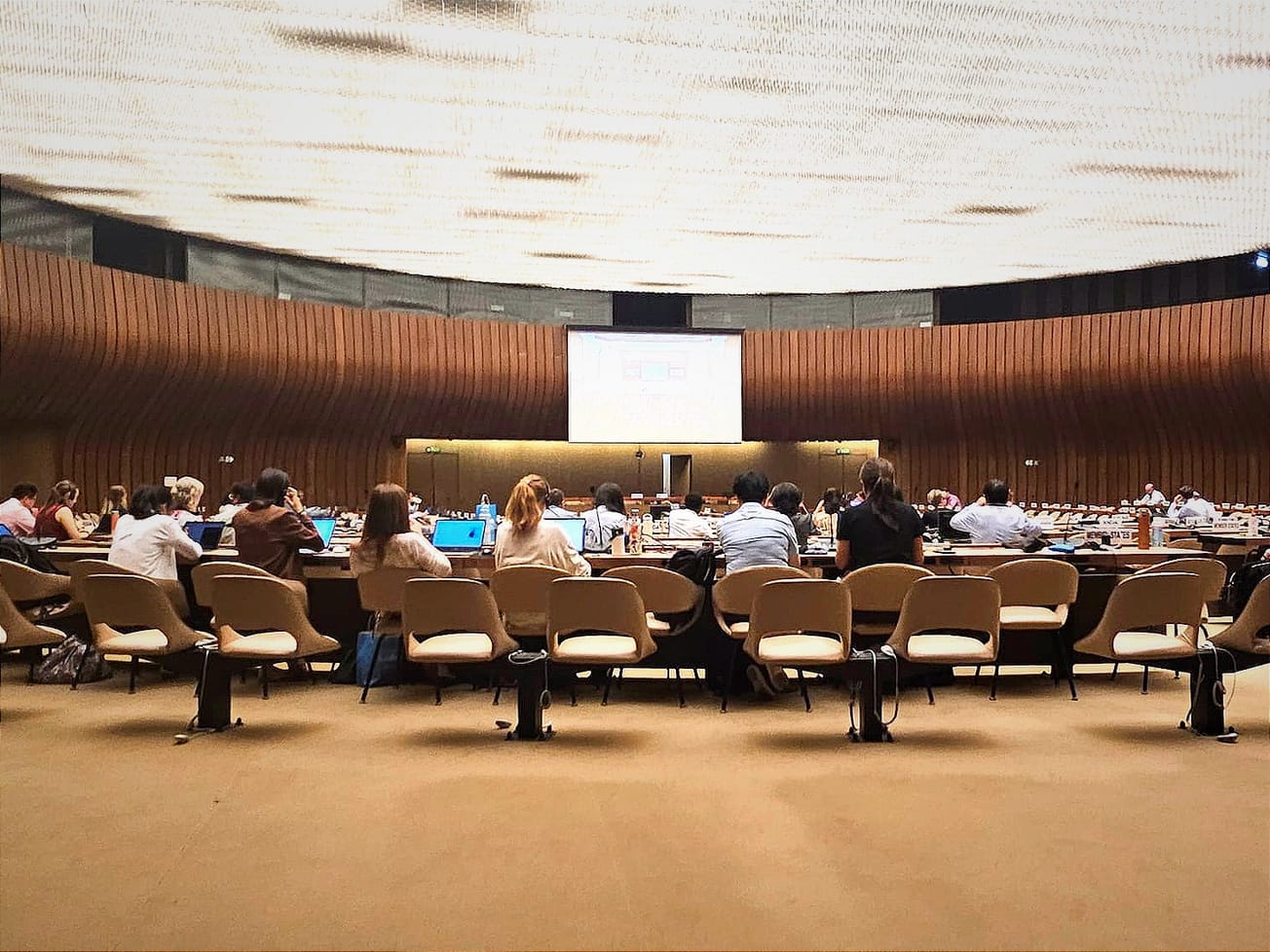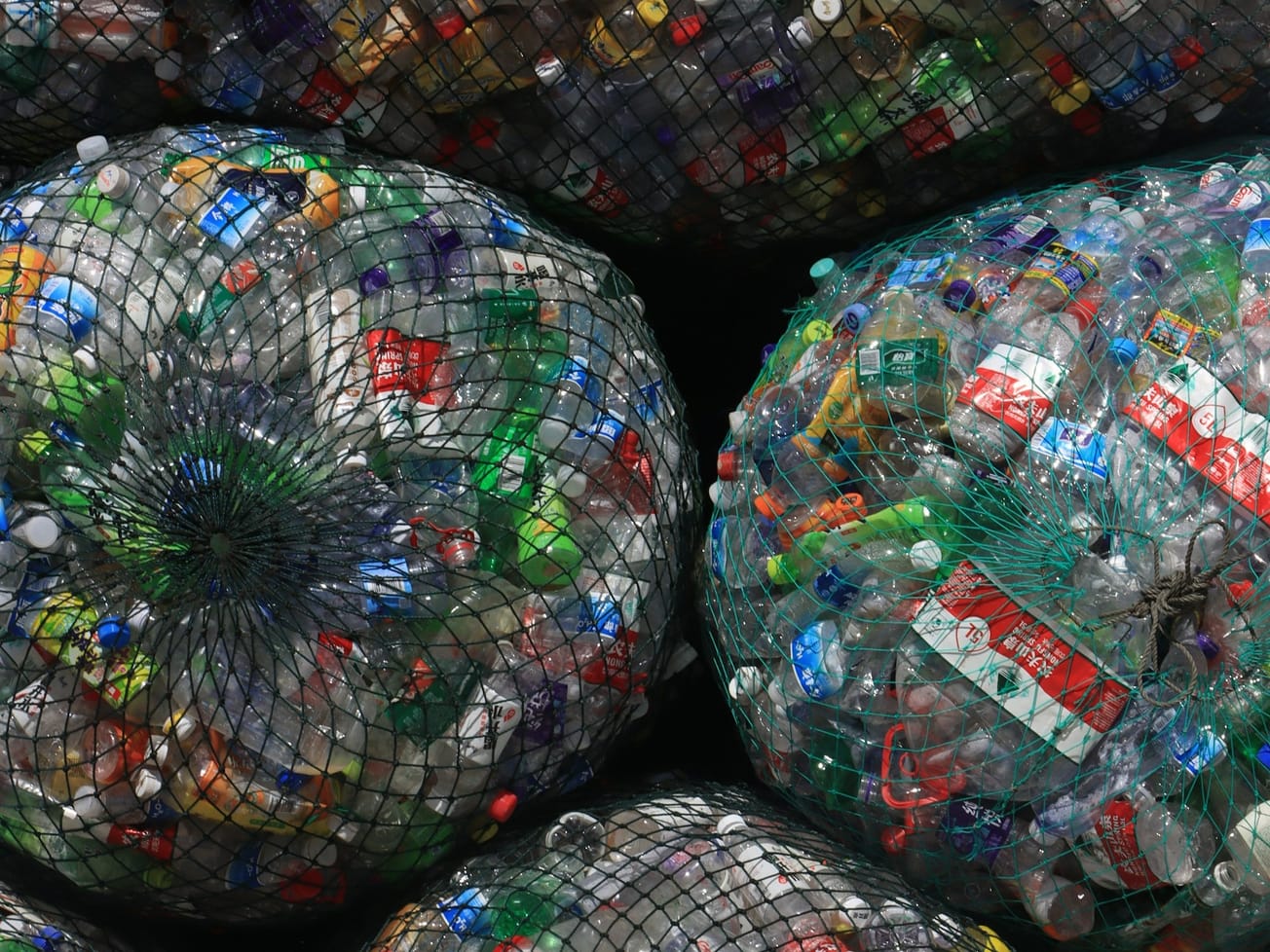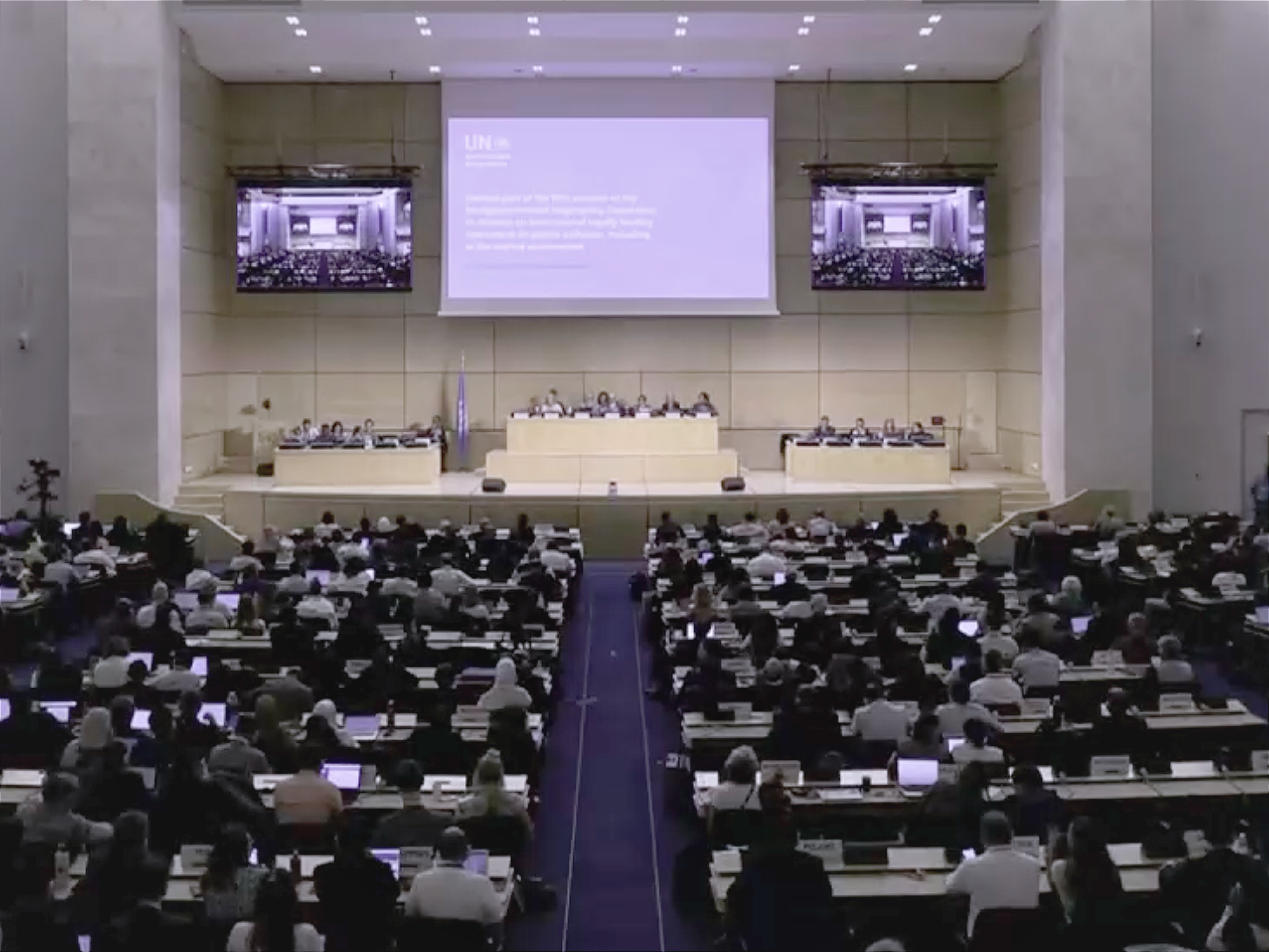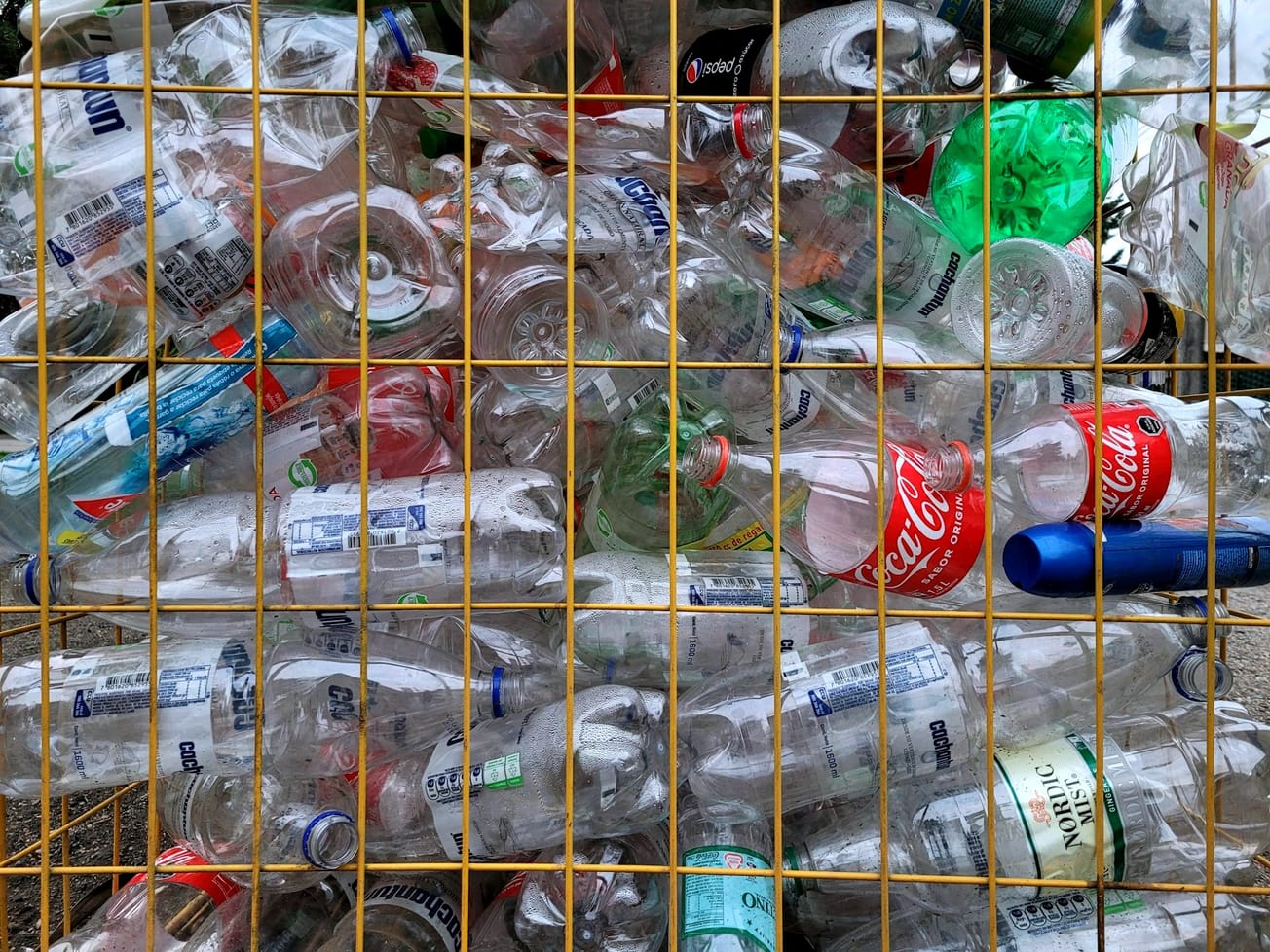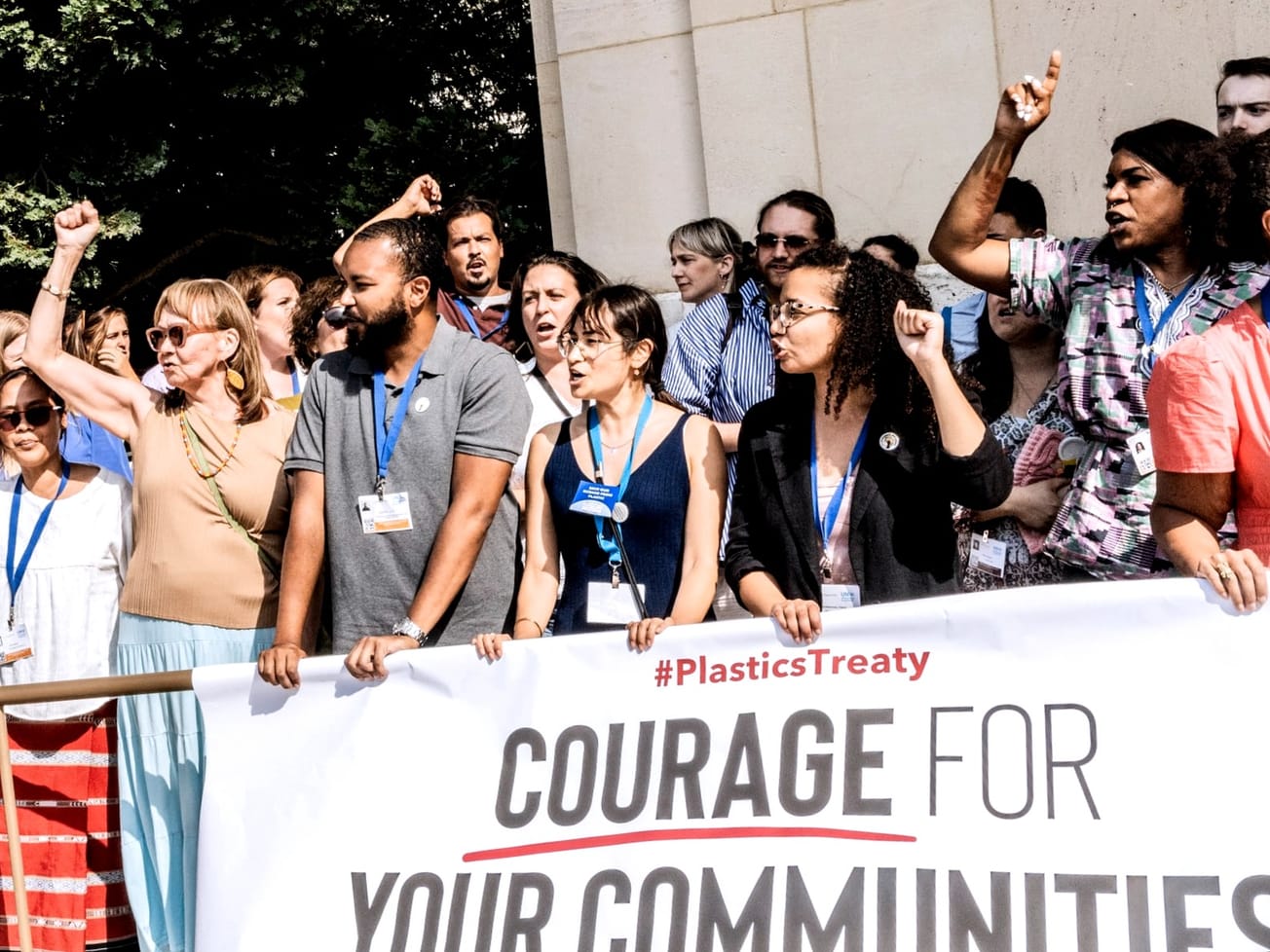
Deadlock on production, chemicals as global plastic treaty talks falter
The latest draft text omitted any legally-binding production limits and a dedicated section on chemicals of concern.
Energy and environment are centrally linked in the global effort to combat climate change and its devastating impacts. The most critical modern challenge is the rapid transition of the global energy system away from fossil fuels toward clean, renewable sources.

Already have an account? Log in
The latest draft text omitted any legally-binding production limits and a dedicated section on chemicals of concern.
Many nations rejected a draft that avoids setting quantitative caps on production, relying on a less stringent approach.
A global network of nonprofit groups advocating for stronger regulation underscored the need for a plastic treaty.
Their plan would ‘bend the curve’ of land degradation by reducing food waste and restoring half of degraded lands.
European officials say they will not accept a deal 'at any cost' but maintain the bloc is ready to 'build bridges' to succeed.
Ecuadoran diplomat Luis Vayas Valdivieso, who chairs the proceedings, said 'progress made has not been sufficient.'
Corporate presence at the INC-5.2 negotiations in Geneva raises concerns about the integrity of the final treaty text.
The negotiations in Geneva are the sixth round of talks since 175 nations agreed in 2022 to create a legally binding treaty.
The 10-day session at the U.N.'s European headquarters is widely seen as the definitive moment for a global accord.
Experts call it a 'slow-moving global catastrophe' for food, energy, and trade that will require systematic monitoring.
The World Meteorological Organization revealed these airborne hazards affect 330 million people in 150 countries.
The summit created momentum for the adoption of the first legally binding rules to better protect international waters.
A plastic layer in Earth’s geological record may become our legacy, marking a moment we turned into a single-use planet.
The order would allow exploratory mining of the ocean floor that is overseen by an organization the U.S. hasn't joined.
The bleaching event began at the start of 2023 and continues today, affecting 82 nations, territories and economies.
Three days of talks in Rome ended with nations agreeing to support a $200 billion a year global plan to protect nature.
